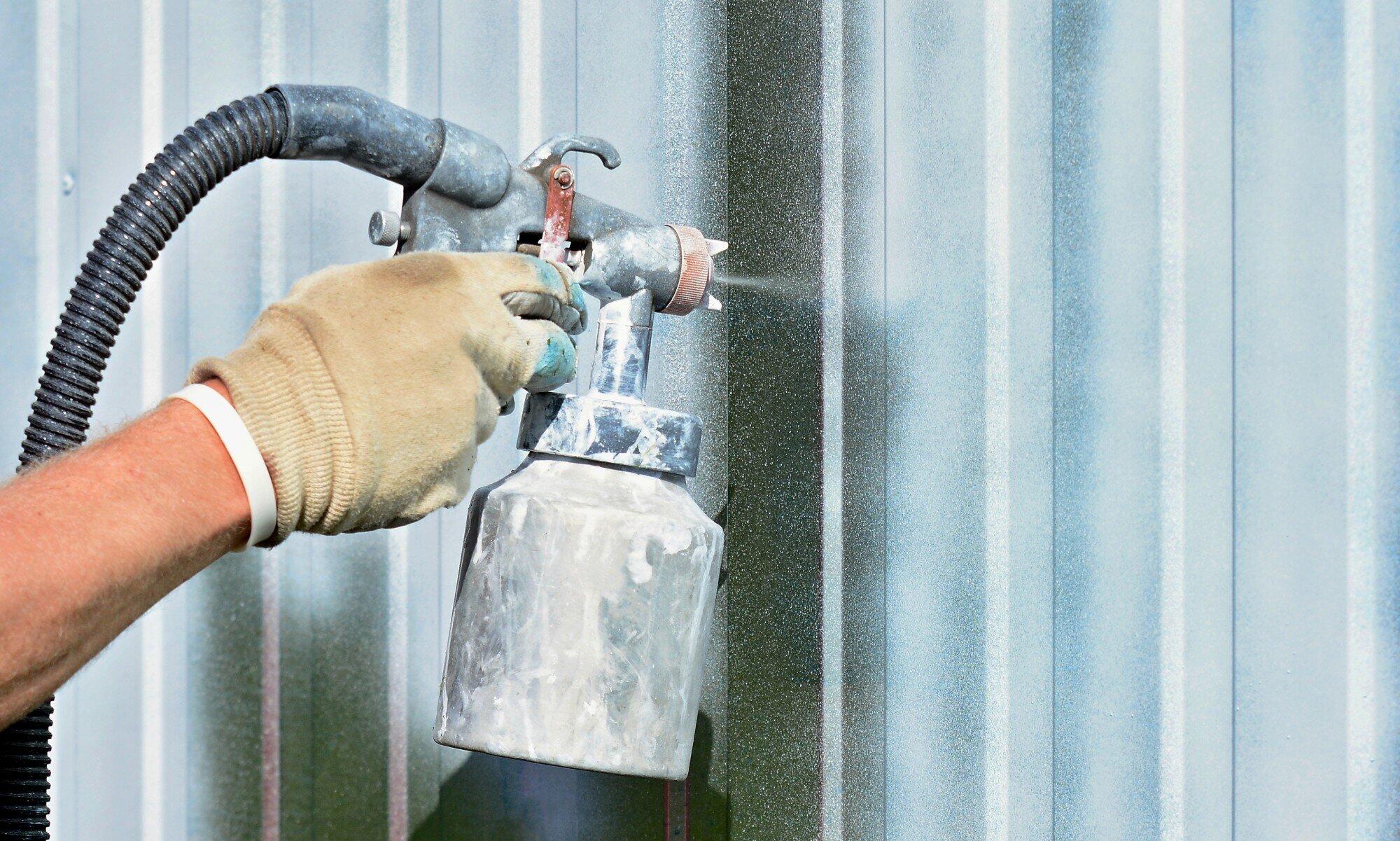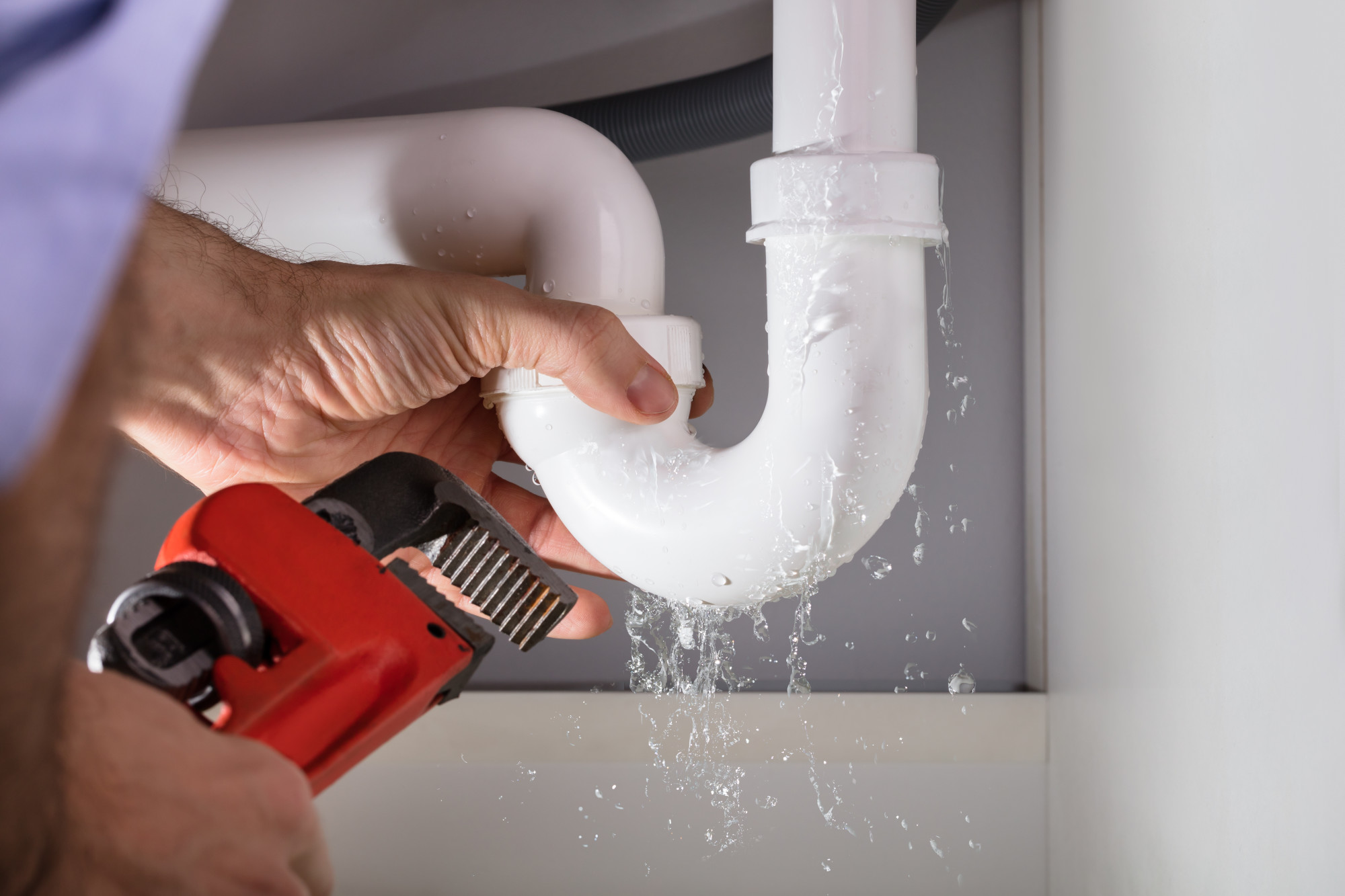The market for windows and doors worldwide is worth over $150 billion. People need to replace their windows more often than you might think!
Replacing home windows can be a major investment, and there are several things to consider before making a decision.
Luckily, we can help. Here are some key things you should keep top of mind when replacing home windows.
1. Energy Efficiency
You’ll want to consider energy efficiency when you’re choosing windows – it’ll help you save money, after all!
Look for the Energy Star label. Windows that meet the Energy Star requirements are designed to be energy-efficient and can help you save on heating and cooling costs.
Choose the right glass. Look for windows with low-emissivity (Low-E) coatings that help to reflect heat back into the room during winter and prevent heat gain during summer.
Multi-paned windows can help to reduce heat transfer and improve energy efficiency. Double-pane or triple-pane windows with inert gas between the panes can provide even better insulation.
Proper installation of your windows is important for energy efficiency. Be sure to hire a professional installer who can ensure that the windows are properly sealed to prevent air leakage.
2. Window Styles
Consider different window styles when you’re replacing residential windows. Each style has its own benefits and drawbacks, so choose one that fits your needs and preferences.
Double-hung windows are the most commonly used type of window. They work by sliding up and down. Double-hung windows are easy to clean, provide good ventilation, and are suitable for most homes.
Casement windows open up outwards, and have hinges on the other side. Casement windows provide good ventilation and are energy-efficient, but may not be suitable for all homes.
Sliding windows slide horizontally on tracks, and are ideal for homes with limited vertical space. Sliding windows provide good ventilation and are easy to use, but may not be as energy-efficient as other window styles.
Awning windows have hinges at the top and open outward, providing ventilation even during light rain.
Picture windows are large and fixed, meaning they do not open. Picture windows are ideal for providing natural light and views, but may not be suitable for rooms that require ventilation.
Specialty windows are custom-made windows that are designed to fit unique spaces or add visual interest to a home. Specialty windows can come in various shapes and sizes, but may not be as energy-efficient as standard window styles.
3. Frame Material
Window frames come in different materials. Each material has pros and cons in terms of durability, cost, and maintenance requirements.
Vinyl frames are popular due to their low cost, durability, and energy efficiency. They are available in lots of different colors and require minimal maintenance.
Wood frames offer natural insulation and an attractive appearance. However, they require regular maintenance and are more susceptible to damage from moisture and insects.
Fiberglass frames are a durable and energy-efficient option that can mimic the appearance of wood without the same maintenance requirements. They are more expensive than vinyl frames but can offer better durability and insulation.
Aluminum frames are strong and lightweight, making them ideal for larger windows. However, they conduct heat and cold easily, which can impact energy efficiency.
Composite frames are made from a combination of materials to offer the benefits of both materials. They are a newer option and can offer good energy efficiency and durability.
4. Installation
Installing your new windows correctly is critical for performance and longevity. Make sure to hire a contractor with plenty of window experience to handle the installation.
They should have a license and insurance to protect you in case of any accidents or damage during the installation process. If you’re not sure where to go, check out Renewal by Andersen window installation.
Check if the installer provides a warranty for their work, which can give you peace of mind and protect you from any defects or issues that arise after installation.
Research the installer’s reputation by reading reviews and testimonials from previous customers. Ask the installer about their installation process to ensure that it aligns with industry standards and best practices.
They should also be able to provide recommendations on window styles, materials, and other factors.
5. Budget
The cost of window replacement can vary wildly depending on your home size, the type of windows you choose, and your contractor.
Determine how much you can afford to spend on window replacement based on your current financial situation. Keep in mind that replacing windows can be a significant investment, but it can also increase your home’s value and energy efficiency.
Shop different window styles and materials to compare prices and determine which options fit within your budget. Keep in mind that cheaper options may not be as durable or energy-efficient, so it’s important to find a balance between cost and quality.
If you can’t afford to pay for window replacement upfront, consider financing options such as a home equity or personal loan. However, keep in mind that financing options can add to the overall cost of the project in the form of interest payments.
6. Maintenance
Consider the maintenance requirements of the windows you choose. Some types of windows may require more maintenance than others, so choose one that fits your lifestyle and maintenance preferences.
The maintenance requirements of your new windows will depend on the frame material you choose. For example, vinyl frames require very little maintenance, while wood frames require regular painting or staining to protect them from moisture damage.
Some types of windows come with special coatings that can help repel dirt and water. This makes them easier to clean and reduces the need for frequent maintenance.
The hardware on your windows can also impact maintenance requirements. Look for windows with high-quality hardware that is easy to operate and doesn’t require frequent adjustments or repairs.
Regardless of the frame material and hardware, all windows require regular cleaning. Consider how easy the windows will be to clean, especially if you have hard-to-reach windows or are replacing windows on the upper floors.
Additionally, be sure to follow the manufacturer’s recommended maintenance guidelines to keep your windows in top condition.
Replacing Home Windows: Start Today
By considering these factors, you can make an informed decision when it comes to replacing your home windows.
Do you need more home maintenance and design advice? We’ve got you covered. Scroll through some of our relevant posts.









